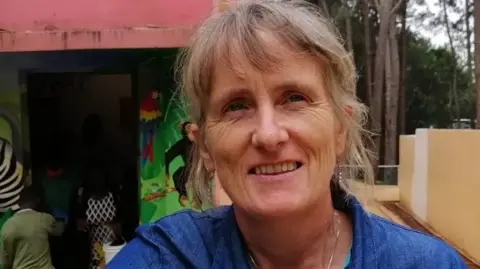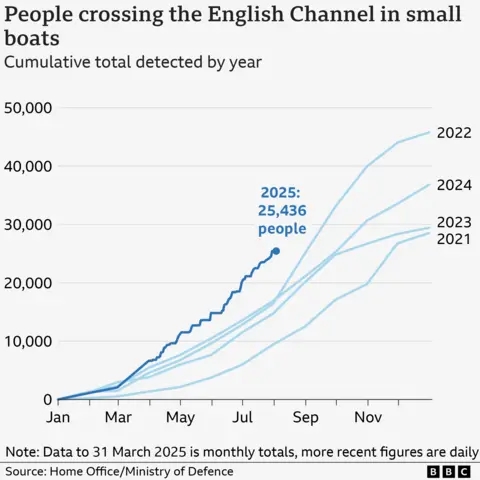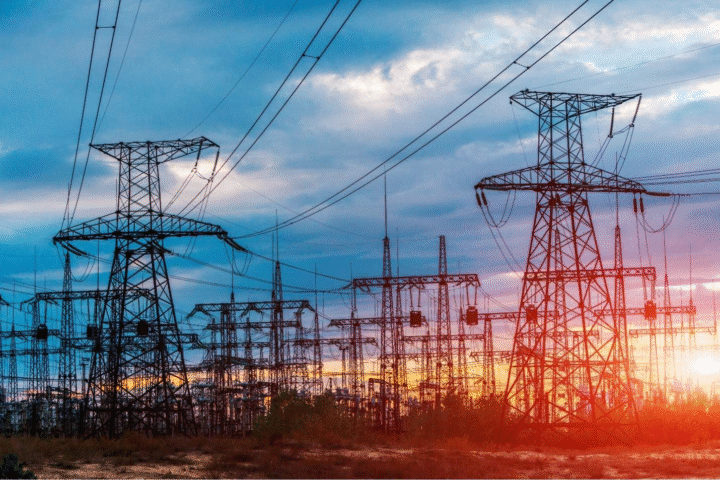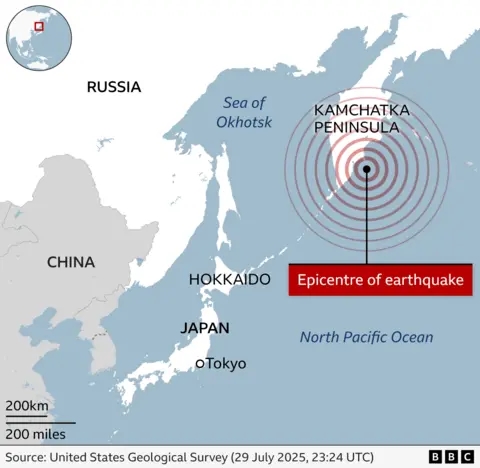Under the scorching sun of Crete, hundreds of migrants sit in silence inside a repurposed exhibition hall, their hopes for refuge overshadowed by Greece’s abrupt suspension of asylum applications. The government has declared a three-month halt to processing claims, citing an overwhelming surge in arrivals from North Africa—a move that has drawn sharp criticism from human rights advocates.
Detention and Deportation
The migrants, primarily from Sudan, Egypt, Bangladesh, and Yemen, are held in temporary facilities before being transferred to closed camps on the mainland. Among them is Mustafa, a 20-year-old Sudanese man who fled war only to find himself detained in Greece with no chance to seek asylum.
“We are living like prisoners,” Mustafa said in a message from the Amygdaleza camp near Athens. “No movement, no proper clothes, no information. I escaped war—how can I go back?”
Greek authorities insist the measure is necessary to curb illegal crossings. Migration Minister Thanos Plevris described the situation as an “invasion” and warned that without strict deterrence, Europe would face uncontrolled migration.
A Controversial Strategy
The policy, enacted in mid-July, bypasses international and EU asylum laws, raising legal and ethical concerns. Human rights lawyers argue that Greece is violating fundamental protections, particularly for those fleeing conflict.
“This is illegal and inhumane,” said one legal advocate working with migrants in Crete. “Detaining people without due process sets a dangerous precedent.”
The government, however, defends its actions, claiming the influx—over 7,000 arrivals in Crete this year alone—threatens national security and the island’s vital tourism industry.
Tourism vs. Migration
As Crete bustles with summer visitors, officials are keen to downplay the migrant crisis. Local business owners, like Andreas Lougiakis, worry that even the perception of overcrowding could deter tourists.
“We sympathize with these people, but rumors hurt us,” he said. “Guests think beaches are overrun—they’re not.”
Broader Crackdown
Beyond the asylum suspension, Greece plans stricter enforcement, including electronic monitoring for rejected asylum seekers and reduced benefits. The minister warns that without tough border measures, migration flows will overwhelm other EU nations.
While high winds have temporarily slowed boat crossings, the policy’s long-term impact remains uncertain. For now, hundreds remain detained, their futures hanging in the balance as Greece and Europe grapple with the complexities of migration, security, and human rights.









